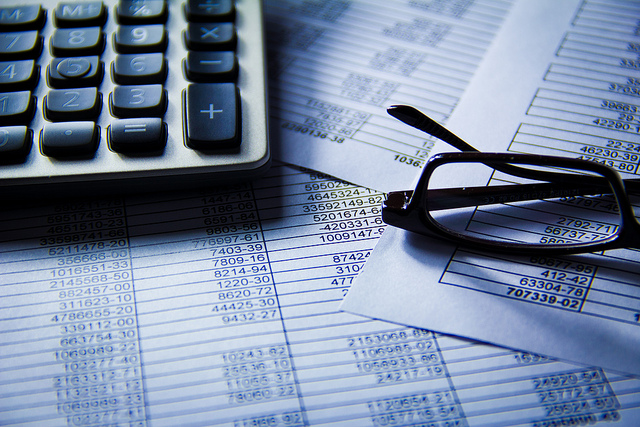"Accounting for the environment in the GDP"
November 24th, 2014 Current standards for measuring economic growth do not consider the environmental cost of that growth, writes Indooshan Shanthakumaran, 25, a Correspondent from Colombo in Sri Lanka, who reports on efforts by some economists to devise “green” accounting systems.
Current standards for measuring economic growth do not consider the environmental cost of that growth, writes Indooshan Shanthakumaran, 25, a Correspondent from Colombo in Sri Lanka, who reports on efforts by some economists to devise “green” accounting systems.
I recently had a chance to attend the academic session of the Sri Lanka Economic association, the most prominent professional association for economists in Sri Lanka. Many leading personalities associated with economics from university lecturers, statisticians, independent economists and ministry professionals to central bank governors were among those present to discuss the topics.
The whole day was full of academic activities and many timely topics associated with the modern day economics were discussed. How fair is the GDP method of measuring the performance of economies? How can per capita income be doubled? These were the two main concepts debated. The main discussion about GDP was informative and enlightening, and I thought it worth sharing here.
The many economists unanimously accepted that the GDP does not have a special green account section, a factor that is a huge drawback. In other words the GDP does not have any consideration about the natural resources consumed (or sacrificed) for production of the goods and services which indicate the strongest economies. The important thing is that we only focus on the output, and we fail to realize that the outputs arise from the sacrifice of natural resources, which in turn creates an unfavourable situation for the upcoming generations to live in the world.
However, if we decide to adopt the green accounting system in GDP calculations, again we have some practical issues to tackle.
Firstly, the uniform quantification method we have to adopt to value the natural resources poses a problem due to the diversity of the world and its resources. One particular species which is abundant in one country may be endangered in the other country. Secondly, the reaction of various countries about adopting the green measures may be uneven because some countries are highly resistant to adopting the climate change summit recommendations as a political agenda. Given that, imagine the reaction if you try to put them into the GDP? Even if we accept it, the trouble starts with the quantification method, which alters the old method of calculation.We have to find a whole new method to quantify the environmental resources sacrificed to achieve the expected economic development.
Another suggestion by one of the researchers was to introduce a new index to identify the above problem. But there are many indexes so far in the global context, and they have not been as successful as the GDP. Even if we find one it will be the same story, since nothing will be as important to this economy-driven world as the production of goods and services!
However it’s up to us to decide the importance of green accounting and adopting it into the current system of GDP calculations. There is no question about whether it is needed or not. We are now on the edge of everything; population grows exponentially, forests are destroyed as never before and the resources are getting used up, so there won’t be any better time than now. In fact, we have to say it’s too late even now to adopt the new method!
So here comes the challenge for the economists: to adopt green accounting in GDP calculations and create a more comprehensive index to tell us about not only growth and development but also how sustainable our development is! If you are up to the challenge, maybe you can win the Nobel prize one day.
photo credit: reynermedia via photopin cc
…………………………………………………………………………………………………………………
About me: I am a friendly and fun loving person, highly interested in travelling around getting know different people and making lovely memories. I intend to pursue higher studies in development economics and help small and medium entrepreneurs achieve their development and their country’s development goals.
I am interested in writing about common issues that lie within the Commonwealth countries and to find some reasonable and practical solutions universally.
…………………………………………………………………………………………………………………
Opinions expressed in this article are those of the author and do not necessarily represent the views of the Commonwealth Youth Programme. Articles are published in a spirit of dialogue, respect and understanding. If you disagree, why not submit a response?
To learn more about becoming a Commonwealth Correspondent please visit: http://www.yourcommonwealth.org/submit-articles/commonwealthcorrespondents/
…………………………………………………………………………………………………………………




